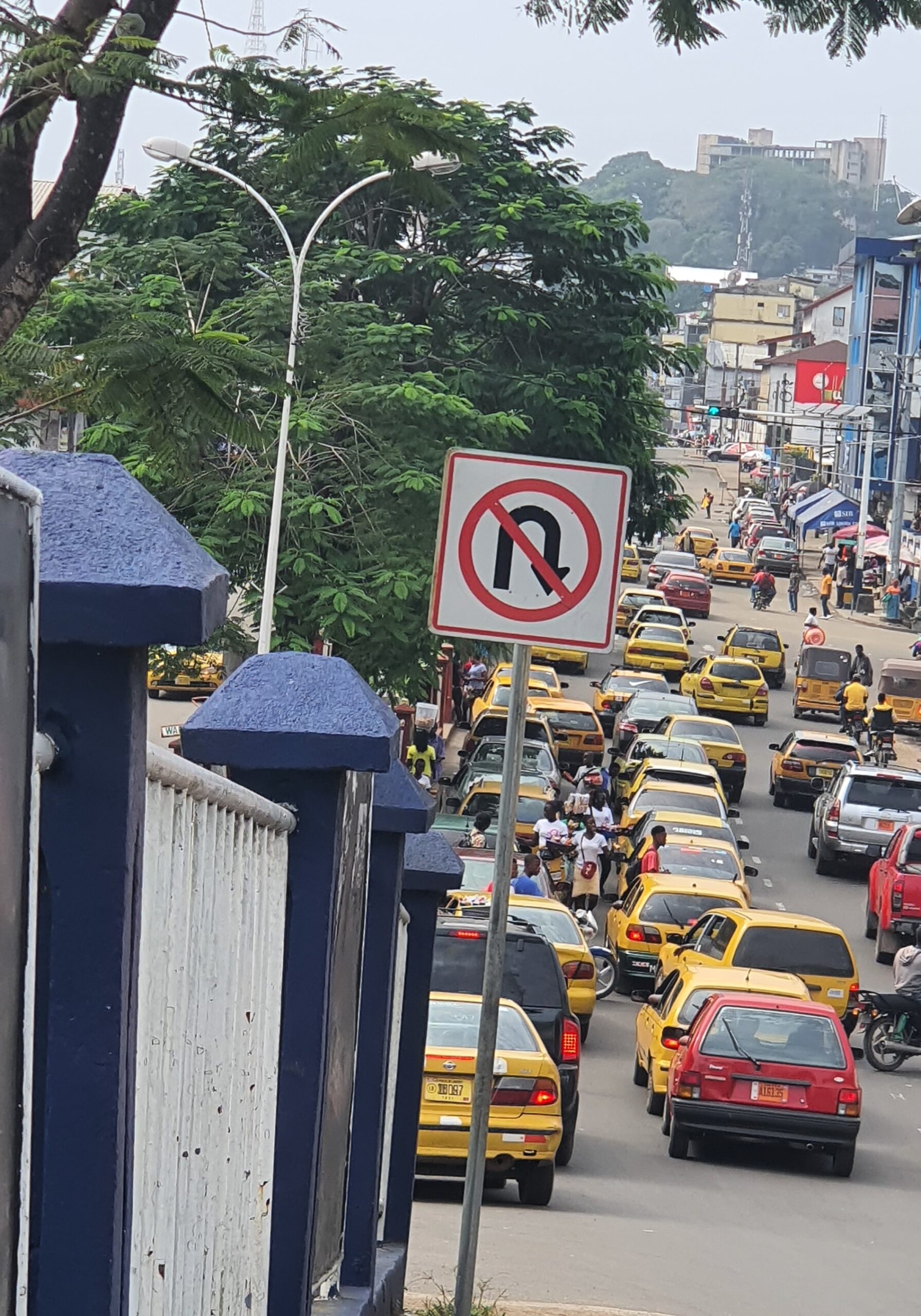Date With The Nation: A Visit with the Liberianization Policy

By D. Wa Hne Jr.
The Liberianization Policy is 47 years old. Initiated by President William Richard Tolbert Jr. in 1976, the policy is designed to be the fulcrum to achieving a Liberianize economy and build strong indigenous-based business institutions that would takeover and possess the economy of the country dominated by foreign owned business institutions.
Why did President Tolbert think the Liberianization Policy was necessary? What did he hope to achieve? What were the historical imperatives that informed his decision? Were there signs of potential dangers that the policy was designed to address and avert? This article may provide some lights on the basic questions asked.
Before 1870, the Liberian economy was devoid of foreign business institutions and foreign direct investments. Liberians were in charge of economic activities which included exports and imports. Ship building, trading, and exports of rice, oil and other products were solely Liberians.
Foreign businesses were not allowed beyond the Port of entry to trade. Boundaries were set that foreign traders could not cross. The Port of Entry Law established limitations for foreign businesses which was also a shield against interactions with indigenes. There was absolute protection of Liberian businesses against foreign competition and dominance.
When President E. J. Roye took office in 1870, he nursed the idea of changing the status quo to expand the economy and to absorb the indigenes as citizens. He therefore initiated the Absorption and Open Door Policies to assimilate natives and to attract foreign direct investments. These two policies led to the downfall of his government. Presidents after Roye, including Arthur Barclay tried to implement these two policies, but were opposed vehemently by conservatives until William V. S. Tubman took Office in 1944 and ensured their implementation with strong hands and political will.
Since the establishment of the Open Door Policy which brought millions of dollars in foreign direct investments, indigenous-based businesses were swallowed up. Liberia became a foreign based economy with less Liberian participation. As a result of this situation, Liberia’s politics to date is controlled remotely by these giant foreign business institutions.
In 1976, President Tolbert decided to take policy decisions that would reposition the Liberian economy with Liberians having an upper lead. The Liberianization Policy was his adopted strategy. About 17 businesses were exclusively set aside for Liberians. This would be a gradual process of growth that would lead to Liberian domination provided implementers took it seriously and interpreted the vision adequately. The same year the Liberia Business Association was established to ensure the effectiveness and smooth execution of the policy.
[bsa_pro_ad_space id=1]
Placed within the domain of the Ministry of Commerce, Industry and Transportation, the policy has, over a period of 47 years, been transformed into a foreignization policy with all exclusive businesses for Liberians taken over by foreigners, using Liberians as fronts. The regulatory arms of the policy have been weaken and compromised up to present.
Since its establishment, what has the policy achieved for Liberians? Are we any close to taking over our economy? Do we have an independent structure with legislative mandate to monitor, protect, advocate, source opportunities and implement the policy?
President George Manneh Weah came with a determination to achieve a total Liberianization, but unfortunately, those who should implement his vision that Liberians would no longer be spectators in their economy failed to understand the vision. They proceeded in the same path of previous administrations and expected a voodoo kind achievements. Today, the question is being asked to the embarrassment of the President. Are Liberians no longer spectators?
The Liberia Institute of Public Administration submitted a proposal to the President through the Ministry of State on the Liberianization Policy. It proposed the setting up of an independent structure such as the Liberianization Agency for the Development and Supervision of Indigenous Businesses.
That Agency would be the implementer of the policy, manage the funding for the growth of small Liberian businesses, provide training for Liberia entrepreneurs, stand as a collateral institution for loan procurement, assist in sourcing business loans for Liberian businesses, ensure repayments, provide technical supervision for the growth of Liberian businesses, take measures to arrest the practice of Liberians fronting for foreign firms as Liberian businesses, and work with the Legislature to grant Liberians equity share participation rights in concession agreements.
The debate of establishing an independent agency has been rejected in high circles on the strength that government is too large to accommodate a new agency. The politics that goes with it to maintain its base at the MoC is complex and ferocious.
With this resistance, one would wonder what the fate of the policy would be. If late President Tolbert should visit with us today, he would ask for the dividends of the Liberianization Policy he established 47 years ago.
Unfortunately there would be nothing to show as this policy is stuck in a web of jargon, mediocrity, fantasies, compromises, and political complacencies. It would take the political will of leaders to boldly confront the obstacles or be bought to keep it as it is. What would the Boakai’s approach be? Would he be different or will this policy remain stuck forever in a selfish battle at the Ministry of Commerce?
As the saying goes in Liberia, we cannot do the same thing over and over and expect a different result. We must be innovative. The Boakai’s Administration is under obligation to rescue and I think the nation’s economy needs to be rescued from foreign domination.





















Thank you for creating such valuable content. Your hard work and dedication are appreciated by so many.
Your paper prompted falsely the George Weah era without saying anything about or like this. Why now?🤣